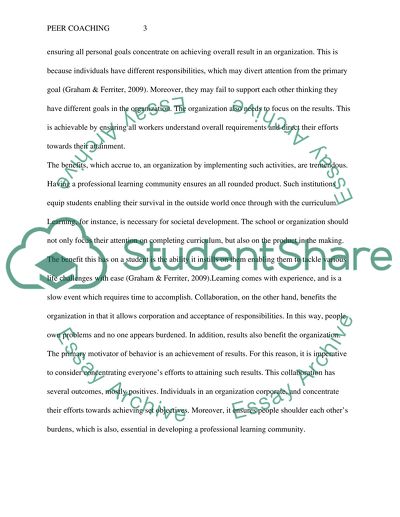Cite this document
(“Assignment and Journal Example | Topics and Well Written Essays - 1500 words”, n.d.)
Retrieved from https://studentshare.org/education/1490137-assignment-and-journal
Retrieved from https://studentshare.org/education/1490137-assignment-and-journal
(Assignment and Journal Example | Topics and Well Written Essays - 1500 Words)
https://studentshare.org/education/1490137-assignment-and-journal.
https://studentshare.org/education/1490137-assignment-and-journal.
“Assignment and Journal Example | Topics and Well Written Essays - 1500 Words”, n.d. https://studentshare.org/education/1490137-assignment-and-journal.


